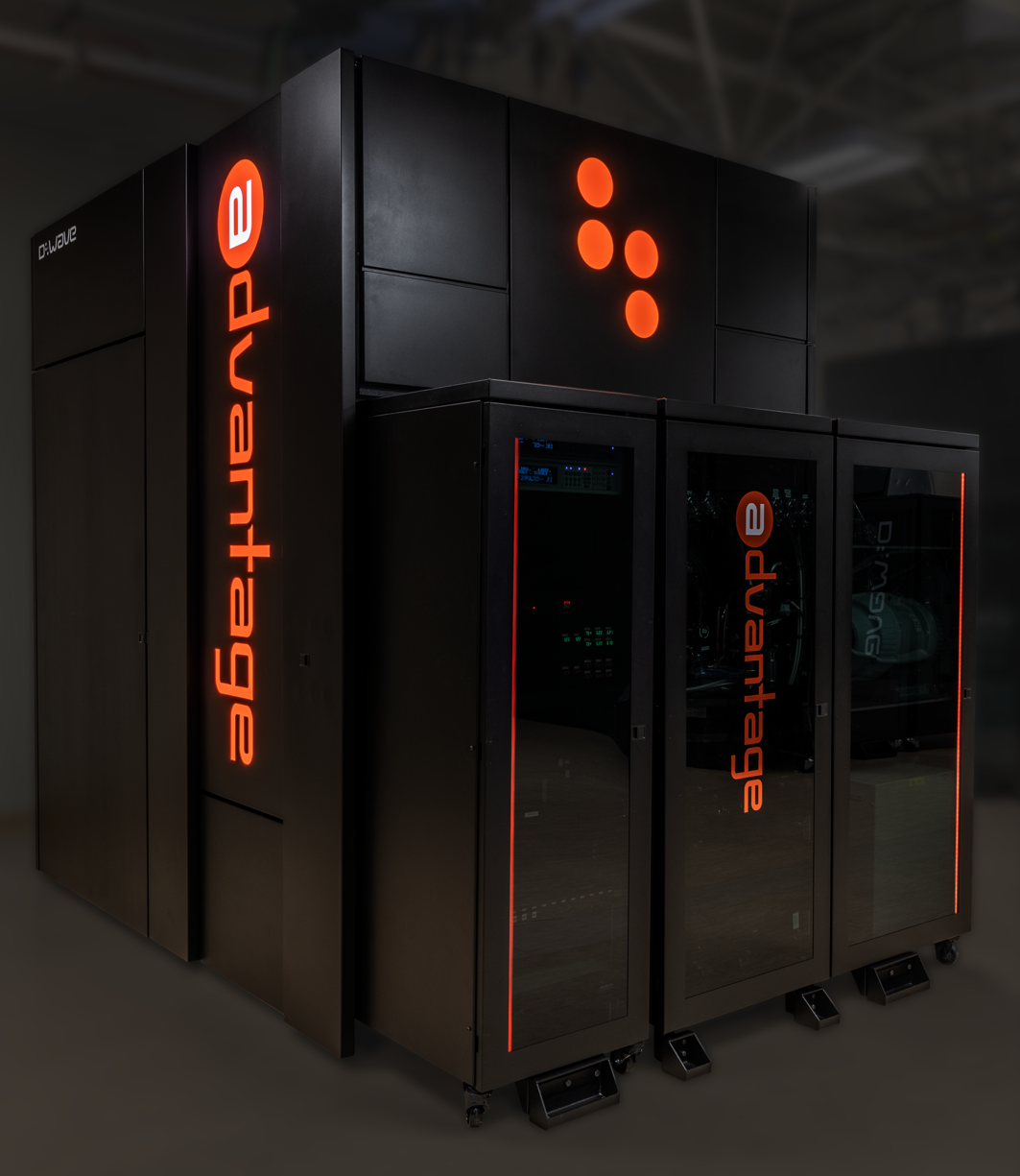Insider Brief:
- D-Wave Quantum Inc. now allows research centers, academic institutions, and governments to purchase on-premises D-Wave Advantage quantum systems.
- Forschungszentrum Jülich (FZJ) became the first HPC center to acquire a D-Wave Advantage system, with intent to advance quantum research in AI and quantum simulation.
- The company launched the “Quantum Uplift” program which provides incentives for organizations dissatisfied with competitor quantum systems to switch to D-Wave’s quantum solutions.
- Increased demand for on-premises quantum computing is driven by AI’s rising power consumption and national security concerns, with QPUs complementing GPU-driven HPC environments to enhance compute efficiency and problem-solving capabilities.
PRESS RELEASE — D-Wave Quantum Inc., a supplier of quantum computing systems, software, and services and the world’s first commercial supplier of quantum computers, today announced that it is enabling research centers, academic institutions, and governments to purchase on-premises D-Wave™ Advantage™ quantum computing systems to help customers push the boundaries of quantum-fueled experimentation, development and usage. Supported by today’s announcement that Forschungszentrum Jülich (FZJ) is the first high-performance computing (HPC) center in the world to purchase a D-Wave Advantage quantum system, D-Wave expects the new systems offering to drive advanced research and new discoveries in areas such as artificial intelligence (AI) and quantum simulation.
Customers have the ability to purchase on-premises D-Wave Advantage systems, the world’s largest annealing quantum computers with more than 5,000 qubits and 15-way connectivity. With tailored pricing to meet the unique requirements of each customer, the new offering includes shipping, installation, calibration and ongoing maintenance of the system to ensure optimal performance as well as assistance in setting up local hybrid quantum solvers. On-premises installation and system ownership provide customers the ability to tightly integrate with existing classical and HPC systems, leverage and tune system parameters, and take advantage of new system innovations, such as advanced analog-digital features, as they are developed. D-Wave vice president of infrastructure, Irwan Owen, is leading the systems go-to-market effort.
The Company also announced the new “Quantum Uplift” program to address the growing number of customers expressing disappointment with competitor quantum systems that are incapable of solving problems of practical value and lack reliable uptime and availability. The Quantum Uplift program offers incentives toward the purchase of a D-Wave Advantage system for any organization that is dissatisfied with their current quantum computer. D-Wave’s quantum computers are highly performant, reliable and available, helping customers solve complex problems that are beyond the reach of classical computers. More than 100 organizations trust D-Wave with their toughest computational challenges, providing them with the opportunity to realize the value of quantum computing today.

“By integrating annealing quantum computing with HPC, I predict we will see significant progress in quantum research and quantum AI development, leading to new discoveries and improved outcomes,” said Dr. Alan Baratz, CEO of D-Wave. “We are excited to empower customers with this new on-premises systems offering, helping them realize the value of quantum computing today and unlock new levels of computational performance.”
Organizations are increasingly looking to quantum computers to accelerate research, bolster national security and global competitiveness, and explore how the technology can address challenges resulting from AI’s escalating power consumption. In fact, a study conducted by Hyperion Research reported that the increased focus on AI and compute-intensive technology is generating demand for on-premises quantum computers, particularly in HPC environments. Nearly 20% of respondents said that they prioritize the control, security, and immediacy provided by on-site quantum computing infrastructure.
Modern HPC environments are built with tens of thousands of graphics processing units (GPUs) working together simultaneously to perform calculations. While the GPU excels at executing AI tasks such as data mining, pattern matching, and predictions, the quantum processing unit (QPU), used in quantum computers, brings unique strengths in solving complex problems that can enhance AI capabilities and drive compute efficiencies while helping reduce power consumption.
To learn more about D-Wave on-premises quantum computing visit: https://www.dwavesys.com/solutions-and-products/systems/.
SOURCE: D-Wave















